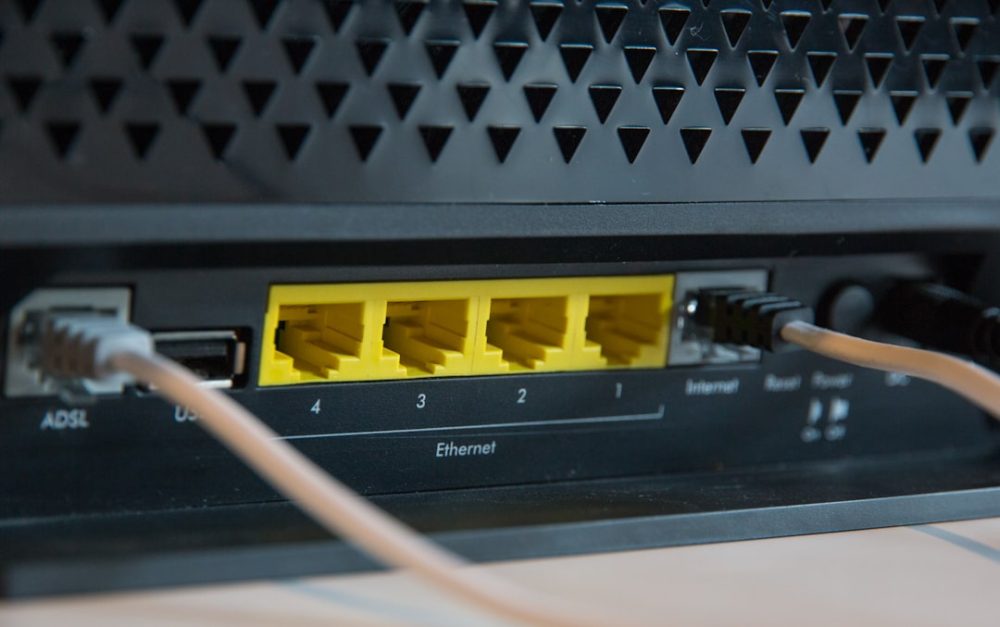Using a Virtual Private Network (VPN) has become increasingly common for individuals in the USA who want to protect their online privacy, access geo-restricted content, or enhance their online security. However, one of the most common concerns among VPN users is the impact on internet connection speed. While a VPN can offer significant privacy advantages, it can also introduce changes to your browsing experience—particularly in terms of speed.
Understanding how a VPN affects your internet speed requires a look at several different factors. These include the server location, encryption level, your original ISP speed, and the quality of the VPN service itself.
How a VPN Works and Its Impact on Speed
A VPN works by routing your internet connection through a secure server before reaching the final destination. This process encrypts your data and masks your IP address, providing increased privacy. However, because your traffic is taking a longer, more secure route and undergoing encryption, it generally results in reduced speed to some degree.
The main ways a VPN can affect your speed include:
- Encryption Overhead: Encrypting and decrypting your data takes processing power and time, which can introduce latency.
- Server Distance: The physical distance between your location in the USA and the VPN server can have a noticeable impact. The farther the server, the longer the data takes to travel.
- Server Load: If a VPN server is overloaded with users, your connection speed may suffer as a result.
- ISP Bandwidth: Your base internet speed provided by your Internet Service Provider (ISP) serves as the starting point. A VPN can’t make your connection faster than your ISP allows but can make it slower depending on the above factors.
[ai-img]vpn USA internet speed, vpn connection, encryption impact[/ai-img]
Typical Speed Reduction When Using a VPN
On average, users in the USA can expect a VPN to reduce their internet speed by around 10% to 30%, although this varies significantly based on the quality of the VPN provider and the server you are connected to. Premium VPN services often mitigate speed loss through high-performance servers, optimized routing, and advanced encryption protocols such as WireGuard, which provides faster speeds compared to older protocols like OpenVPN.
Here is a breakdown of how VPNs typically impact different aspects of your internet connection:
- Download Speed: This is usually the most affected metric. Heavy browsing, streaming, and file downloads may take longer.
- Upload Speed: Also likely to decrease, although often to a lesser extent than download speeds.
- Ping (Latency): VPNs can significantly increase latency, which may be problematic for gamers or VoIP users.
Ways to Minimize VPN Speed Loss
There are strategies you can use to reduce the impact of a VPN on speed while still enjoying the security benefits:
- Choose a specialized server: Many VPN services offer servers optimized for specific tasks like streaming or P2P sharing.
- Connect to a nearby server: If you’re located in the USA, choose a VPN server within the USA to reduce latency.
- Opt for advanced protocols: Use modern encryption protocols such as WireGuard or IKEv2 which provide a better balance between speed and security.
- Upgrade your internet plan: If you find VPN use consistently slows your speed, it may be time to increase your base internet bandwidth.
[ai-img]vpn speed comparison, internet slow fast, vpn protocol[/ai-img]
Free vs. Paid VPN Services
It is important to note that free VPN services generally offer slower speeds compared to paid ones. This is often due to limited server availability and increased user congestion. They may also impose bandwidth caps or throttle your connection on purpose to manage traffic. For users in the USA looking for consistent, high-speed VPN performance—especially for streaming or gaming—investing in a reputable, paid VPN provider is typically the better choice.
Conclusion
In summary, a VPN can indeed impact your internet speed, but the effect varies depending on multiple factors. If configured correctly, and especially when using a high-quality service, the reduction in speed can be minimal. For most users in the USA, the trade-off for enhanced privacy and online freedom is well worth the slight dip in connection speed.
Ultimately, the key to finding the right balance lies in choosing the right VPN provider and adjusting your settings appropriately. With these in place, you can maintain reliable internet performance while enjoying a more secure online experience.


